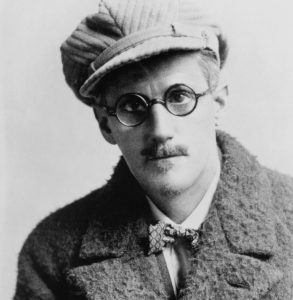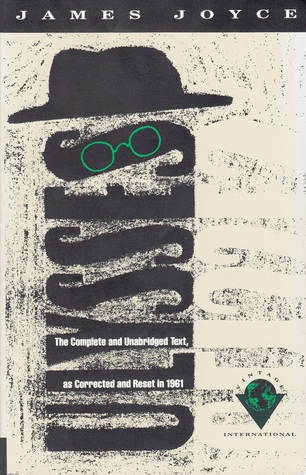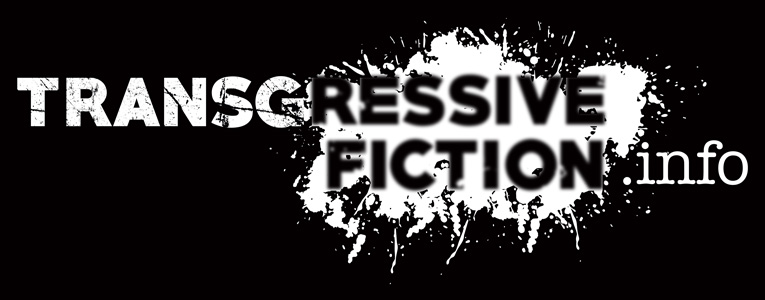 James Joyce, Irish novelist, noted for his experimental use of language in such works as Ulysses (1922) and Finnegans Wake (1939). Joyce’s technical innovations in the art of the novel include an extensive use of interior monologue; he used a complex network of symbolic parallels drawn from the mythology, history, and literature, and created a unique language of invented words, puns, and allusions.
James Joyce, Irish novelist, noted for his experimental use of language in such works as Ulysses (1922) and Finnegans Wake (1939). Joyce’s technical innovations in the art of the novel include an extensive use of interior monologue; he used a complex network of symbolic parallels drawn from the mythology, history, and literature, and created a unique language of invented words, puns, and allusions.
James Joyce was born in Dublin, on February 2, 1882, as the son of John Stanislaus Joyce, an impoverished gentleman, who had failed in a distillery business and tried all kinds of professions, including politics and tax collecting. Joyce’s mother, Mary Jane Murray, was ten years younger than her husband. She was an accomplished pianist, whose life was dominated by the Roman Catholic Church. In spite of their poverty, the family struggled to maintain a solid middle-class facade.
From the age of six Joyce, was educated by Jesuits at Clongowes Wood College, at Clane, and then at Belvedere College in Dublin (1893-97). In 1898 he entered the University College, Dublin. Joyce’s first publication was an essay on Ibsen’s play When We Dead Awaken. It appeared in the Fortnightly Review in 1900. At this time he also began writing lyric poems.
After graduation in 1902 the twenty-year-old Joyce went to Paris, where he worked as a journalist, teacher and in other occupations under difficult financial conditions. He spent a year in France, returning when a telegram arrived saying his mother was dying. Not long after her death, Joyce was traveling again. He left Dublin in 1904 with Nora Barnacle, a chambermaid who he married in 1931.
Joyce published Dubliners in 1914, A Portrait of the Artist as a Young Man in 1916, a play Exiles in 1918 and Ulysses in 1922. In 1907 Joyce had published a collection of poems, Chamber Music.
At the outset of the First World War, Joyce moved with his family to Zürich. In Zürich Joyce started to develop the early chapters of Ulysses, which was first published in France because of censorship troubles in the Great Britain and the United States, where the book became legally available only in 1933. In March 1923 Joyce started in Paris his second major work, Finnegans Wake, suffering at the same time chronic eye troubles caused by glaucoma. The first segment of the novel appeared in Ford Madox Ford’s transatlantic review in April 1924, as part of what Joyce called Work in Progress. The final version was published in 1939.
Some critics considered the work a masterpiece, though many readers found it incomprehensible. After the fall of France in WWII, Joyce returned to Zürich, where he died on January 13, 1941, still disappointed with the reception of Finnegans Wake.
Books

Ulysses
Loosely based on the Odyssey, this landmark of modern literature follows ordinary Dubliners in 1904. Capturing a single day in the life of Dubliner Leopold Bloom, his friends Buck Mulligan and Stephen Dedalus, his wife Molly, and a scintillating cast of supporting characters, Joyce pushes Celtic lyricism and vulgarity to splendid extremes. Captivating experimental techniques range from interior monologues to exuberant wordplay and earthy humor, Joyce pushes Celtic lyricism and vulgarity to splendid extremes.

A Portrait of the Artist as a Young Man
The portrayal of Stephen Dedalus’s Dublin childhood and youth, his quest for identity through art and his gradual emancipation from the claims of family, religion and Ireland itself, is also an oblique self-portrait of the young James Joyce and a universal testament to the artist’s ‘eternal imagination’. Both an insight into Joyce’s life and childhood, and a unique work of modernist fiction, A Portrait of the Artist as a Young Man is a novel of sexual awakening, religious rebellion and the essential search for voice and meaning that every nascent artist must face in order to fully come into themselves.
Your battles inspired me – not the obvious material battles but those that were fought and won behind your forehead.
Think you’re escaping and run into yourself. Longest way round is the shortest way home.
He wanted to cry quietly but not for himself: for the words, so beautiful and sad, like music.
History, Stephen said, is a nightmare from which I am trying to awake.
All Moanday, Tearday, Wailsday, Thumpsday, Frightday, Shatterday.
A man of genius makes no mistakes. His errors are volitional and are the portals of discovery.
Shut your eyes and see.
And then I asked him with my eyes to ask again yes and then he asked me would I yes and his heart was going like mad and yes I said yes I will yes.

